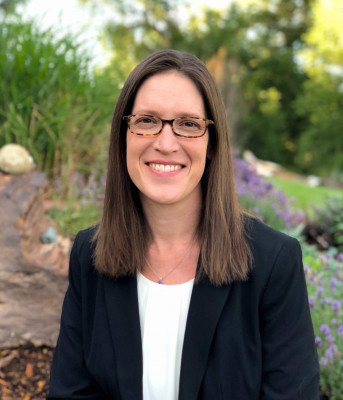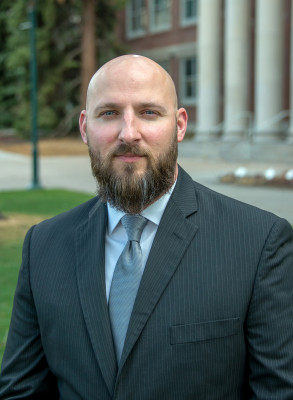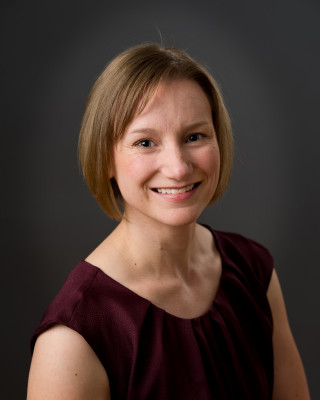Further Your Career with a Doctorate in Music Therapy
The Colorado State University Ph.D. in Music Therapy emphasizes research and scholarship, as appropriate for the music therapist who aspires to a career in research, college-level teaching, or advanced clinical practice. In this program, you will engage in coursework that will advance your scholarship and help you to reach your professional goals. You will be involved in groundbreaking research, with the opportunity to develop original research in an area of interest.
This program is offered in-person as well as online.
The Ph.D. in Music Therapy is focused on three core areas:
Research Core. You will engage in coursework and collaborative research projects that are focused on advancing research skills. You will also have the opportunity to pursue your own original research.
Music Therapy Clinical Practice Core. You will further your understanding of advanced clinical competencies, with an emphasis in evidence-based practices.
Academic Core. In order to prepare for a future as an educator or supervisor in music therapy, You will engage in coursework focused on teaching and learning in higher education.
Credit requirements:
The CSU Ph.D. in Music Therapy is comprised of 72 credits, of which 30 credits may be accepted from a prior master's degree. Program credits include:
- 12-15 credits in each core area (research, clinical practice, academic) that are selected to prepare the student for future work in an academic, research, or advanced clinical position.
- 15 directed electives, which will be selected with the graduate committee to best meet the student’s needs and career goals. Subjects of study may include, but will not be limited to, neuroscience, music therapy methods, research methods, statistics, teaching methods, and developmental science.
- The program will culminate with a final exam and completion of a substantial piece of original research.
Music Therapy Ph.D. Curriculum (PDF)
Research Opportunities
Colorado State University (CSU) is recognized among doctoral universities with very high research activity, known as “R1” by Carnegie. Our music therapy faculty are not only creating the latest knowledge, they are integrating research into their teaching and clinical practice. Doctoral students at CSU will have mentorship from a primary faculty member, along with a committee of faculty within and outside music therapy.
The music therapy area at CSU includes the Brainwaves Research Lab (BRL), an interdisciplinary lab focused on understanding neurological aspects of cognition. Doctoral students will have the opportunity to work in the BRL, alongside the lab faculty. The BRL is directed by Dr. Patti Davies, a professor in the Department of Occupational Therapy and a faculty member in the Molecular, Cellular, and Integrative Neuroscience (MCIN) program.
Eligibility
To be eligible for the Ph.D. in music therapy at CSU, professionals must have attained a bachelor's degree in music therapy from a regionally accredited institution (or a bachelor's degree and completion of a music therapy equivalency program) and hold board certification in music therapy. Candidates for doctoral degrees in music therapy should hold at least three years of full-time clinical experience in music therapy or its equivalent in part-time work.
Ph.D. Application and Interview Information (PDF)
Teaching Assistantships
A limited number of teaching assistantships are available to PhD students in the music therapy program. Please contact the area coordinator about current graduate teaching opportunities.
Study With
Research Areas:
Neuroscience of Music
Autism
Brainwaves Research Lab
Research Area: Early Childhood
Research Areas:
Older Adults
Self-Care Practices




